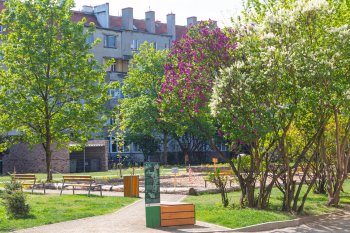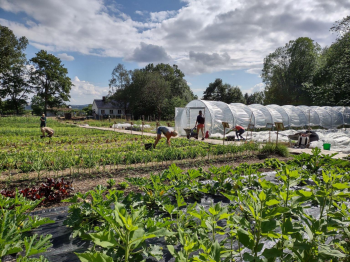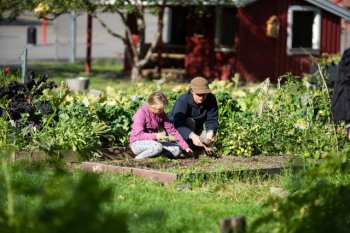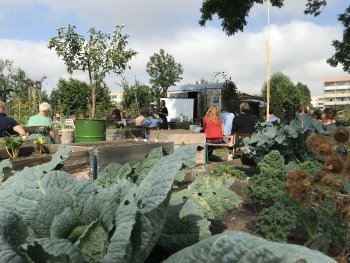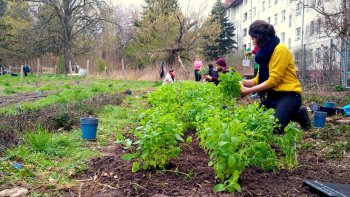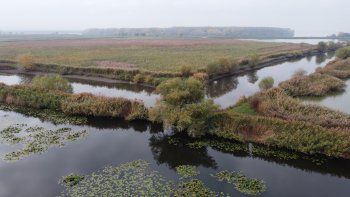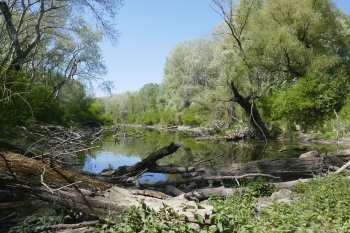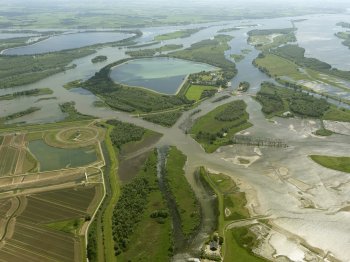The center of the city Kolding is frequently under threat from flooding due to heavy or prolonged precipitation events. Located at the bottom of a river valley, the municipality has initiated many climate-proofing projects to mitigate flood risks. One such project, initiated by Kolding municipality and the utility company Bluekolding, concerns the river Seest Mølleå. The nature-based climate adaptation project cost a total of 3,5 mio. DKK, and was inaugurated in November 2021 after 5 months of construction.
When heavy prescriptions occur in the large catchment area outside the city...

